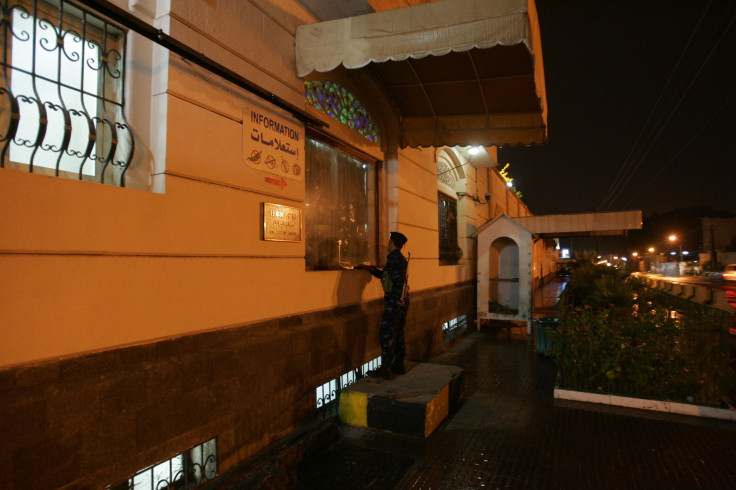Japan Closes Yemen Embassy After Militia Takeover, First Asian Country To Leave Amid Security Concerns

Japan said Monday it temporarily shuttered its embassy doors in Sanaa, Yemen, as the country’s unrest following the militant Houthi group takeover continues. Japan’s exit from Yemen makes it the first Asian nation to depart, and the Japanese government has urged any of its citizens in the country to leave for their own safety.
“The security situation there is extremely severe,” Chief Cabinet Secretary Yoshihide Suga told a press briefing in Tokyo, according to the Japan Times. Ambassador Katsuyoshi Hayashi and four embassy officials have left Yemen, according to Japan's Foreign Ministry, and its operations will be relocated to Doha, Qatar, as the unrest ensues.
Japan is the first Asian country to pull its embassy out of Yemen, and it follows on the tails of eight other embassies’ closures, including the United States, France, Germany, Italy, Britain, the Netherlands, the United Arab Emirates and Spain. The secessionist Houthi group dissolved Yemen’s government and parliament last Friday, and at least 26 people have died in the ongoing conflict between the Houthis and local tribes.
United Nations Secretary-General Ban Ki-moon has urged the international community to prevent Yemen from falling apart. “Let me be clear: Yemen is collapsing before our eyes. We cannot stand by and watch,” Ban said in a Security Council briefing on Thursday.
Japan has been extra cautious with its dealings in the Middle East after its civilians Kenji Goto and Haruna Yukawa were kidnapped and executed by the Islamic State group in January. The Foreign Ministry has said that Japanese nationals have a higher risk of being harmed and recommended all visits to Yemen be postponed, according to Japan Times. This statement came in light of ISIS announcing in its English-language magazine on Thursday that Japanese Prime Minister Shinzo Abe has made it citizens “[targets] for the soldiers and patrons of [ISIS] everywhere” with his promise to send nonmilitary aid to the Middle East for fighting terrorism.
© Copyright IBTimes 2025. All rights reserved.




















